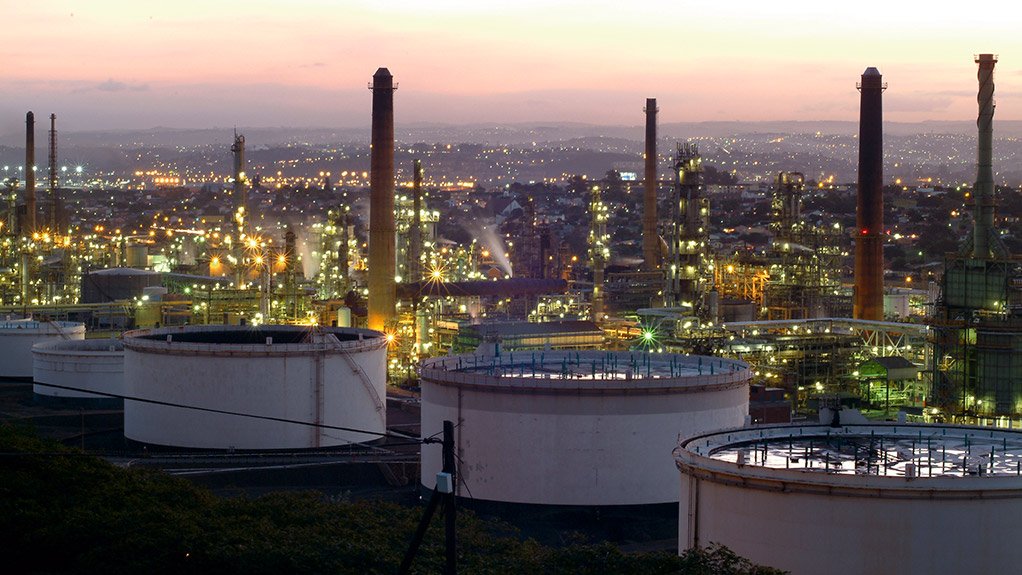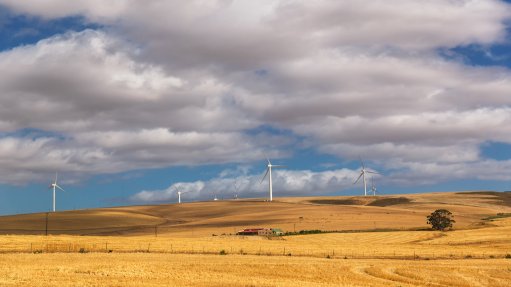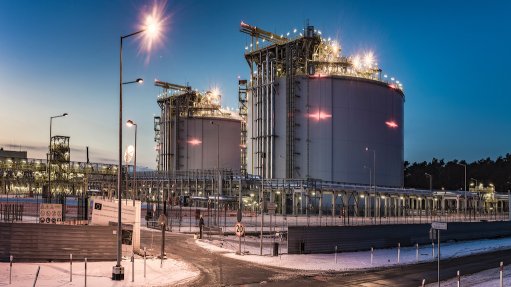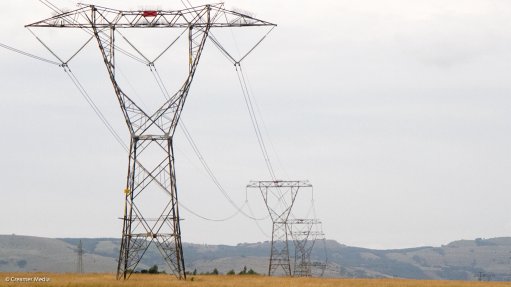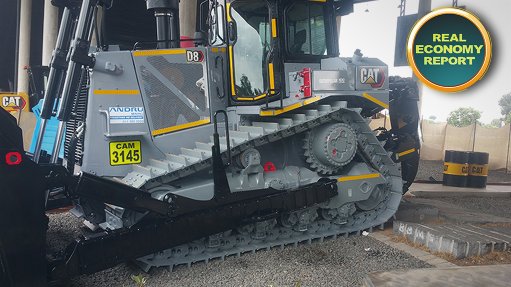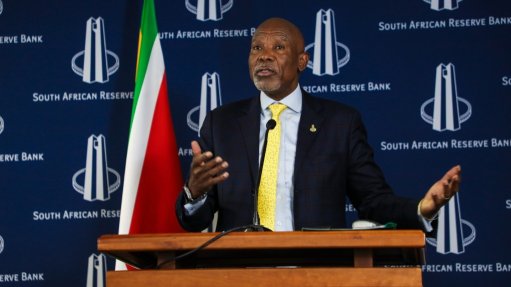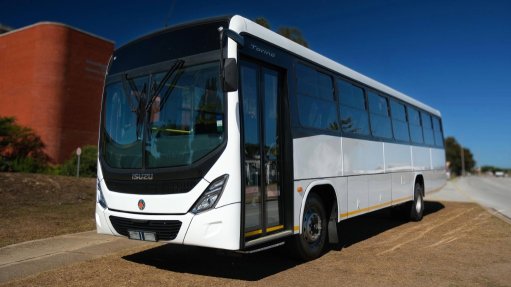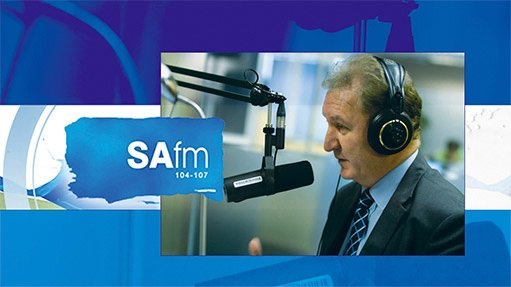Future of oil refining in South Africa highly uncertain
South Africa’s oil refinery sector is expected to undergo significant changes in the coming five years, with Engen having already indicated that it will repurpose its refinery site in Durban as a fuel importation terminal and with global and domestic shifts likely to place significant pressure on the others.
South Africa currently has six refineries, three of which (Astron in Cape Town, PetroSA in Mossel Bay and Engen) are currently not operating.
South African National Energy Association (Sanea) board member Dave Wright, who worked for Engen for more than two decades, says South Africa’s “sub-scale” and aging refinery fleet has become economically vulnerable in a context of changing demand, supply and environmental dynamics.
Speaking during a virtual Sanea panel discussion on Friday, Wright said that small refineries, such as those found in South Africa, were being closed internationally in favour of refineries with a minimum scale of 400 000 bbl/d.
In addition, the shift to cleaner fuels, together with uncertainty over the future of liquid fuel demand in light of the electrification of mobility in response to the regulatory push for decarbonisation, meant that modern refineries were also mostly vertically integrated petrochemicals producers.
Wright, therefore, expected that other domestic refineries could either be closed or repurposed as import facilities in future.
It was also possible that those refineries currently associated with international oil majors that had signalled a desire to withdraw from refining, such as BP and Shell, could seek to sell their South African refining assets, he said.
BP and Shell currently own the 165 000 bbl/d Sapref refinery in Durban, which is South Africa’s largest.
FTI Consulting senior MD Claire Lawrie, who leads the consultancy’s energy team in Johannesburg, said that 28 smaller refineries closed in 2020 alone as the industry transitioned toward mega-refineries, most of which were located east of the Suez Canal.
Lawire said that, while South Africa’s official policy remained premised on building domestic refining capacity, regulatory changes, including tightening cleaner fuels standards, were making it increasingly difficult for local refineries to compete with imports.
South Africa expects all refineries to produce petrol and diesel to its so-called Cleaner Fuels 2 standard, which was initially mean to be implemented in 2017, by 2026.
There were also fewer security-of-supply concerns in light of the current global refining over capacity, which made it easier to source finished petroleum products.
However, AT Kearney Prashaen Reddy said the country’s higher reliance on final-product imports might require policymakers to consider imposing buffer stock limits so as to guarantee future security of supply.
Nevertheless, he noted that South Africa’s transition towards a higher reliance on fuel imports had been under way for some time and would accelerate with the Engen refinery closure.
This shift could have significant policy implications and could also force a reassessment of South Africa’s current fuel regulations, which were currently partly premised on preserving and expanding in-country crude refining.
“Expect lot of changes in the South Africa refining industry over the coming five years,” Wright cautioned.
Article Enquiry
Email Article
Save Article
Feedback
To advertise email advertising@creamermedia.co.za or click here
Comments
Announcements
What's On
Subscribe to improve your user experience...
Option 1 (equivalent of R125 a month):
Receive a weekly copy of Creamer Media's Engineering News & Mining Weekly magazine
(print copy for those in South Africa and e-magazine for those outside of South Africa)
Receive daily email newsletters
Access to full search results
Access archive of magazine back copies
Access to Projects in Progress
Access to ONE Research Report of your choice in PDF format
Option 2 (equivalent of R375 a month):
All benefits from Option 1
PLUS
Access to Creamer Media's Research Channel Africa for ALL Research Reports, in PDF format, on various industrial and mining sectors
including Electricity; Water; Energy Transition; Hydrogen; Roads, Rail and Ports; Coal; Gold; Platinum; Battery Metals; etc.
Already a subscriber?
Forgotten your password?
Receive weekly copy of Creamer Media's Engineering News & Mining Weekly magazine (print copy for those in South Africa and e-magazine for those outside of South Africa)
➕
Recieve daily email newsletters
➕
Access to full search results
➕
Access archive of magazine back copies
➕
Access to Projects in Progress
➕
Access to ONE Research Report of your choice in PDF format
RESEARCH CHANNEL AFRICA
R4500 (equivalent of R375 a month)
SUBSCRIBEAll benefits from Option 1
➕
Access to Creamer Media's Research Channel Africa for ALL Research Reports on various industrial and mining sectors, in PDF format, including on:
Electricity
➕
Water
➕
Energy Transition
➕
Hydrogen
➕
Roads, Rail and Ports
➕
Coal
➕
Gold
➕
Platinum
➕
Battery Metals
➕
etc.
Receive all benefits from Option 1 or Option 2 delivered to numerous people at your company
➕
Multiple User names and Passwords for simultaneous log-ins
➕
Intranet integration access to all in your organisation



